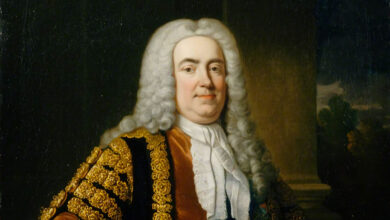Otto von Bismarck, born on April 1, 1815, in Schönhausen, Prussia, was a colossal figure in 19th-century European politics, renowned for his role in unifying the German states into a single empire under Prussian leadership. His adept use of Realpolitik, a pragmatic system of politics based on practical objectives rather than ideals or moral principles, allowed him to skillfully navigate the complex landscape of European power dynamics. Bismarck’s policies and diplomatic manoeuvres, including the orchestration of short, decisive wars against Austria and France, laid the groundwork for the German Empire’s proclamation in 1871. As the first Chancellor of the newly unified Germany, he implemented several domestic policies to consolidate the diverse German states into a cohesive nation while maintaining a delicate balance of power in Europe to secure Germany’s position as a dominant continental power.
Bismarck’s legacy is multifaceted; his Realpolitik strategies significantly influenced international diplomacy and the practice of politics. However, his authoritarian methods and the Kulturkampf—an anti-Catholic campaign—have been subjects of criticism. Despite retiring in 1890 after disagreements with Emperor Wilhelm II, Bismarck’s influence on German and world history remained profound until his death on July 30, 1898, in Friedrichsruh. Historians continue to study and debate his vision for a unified Germany, adept diplomatic skills, and complex legacy, illustrating his indelible impact on the fabric of modern Europe.




